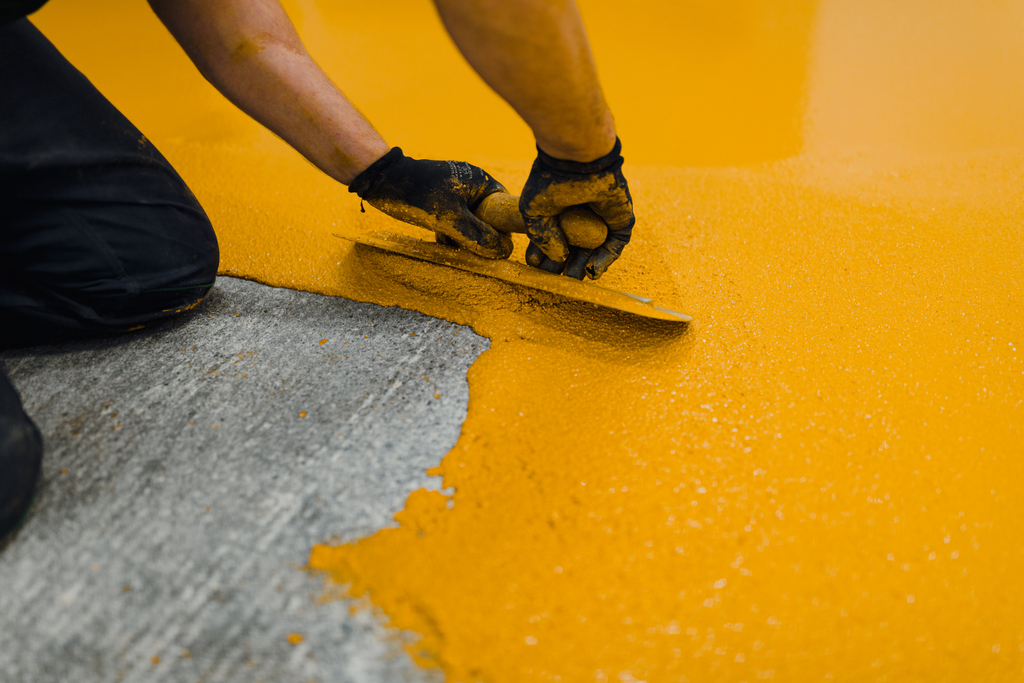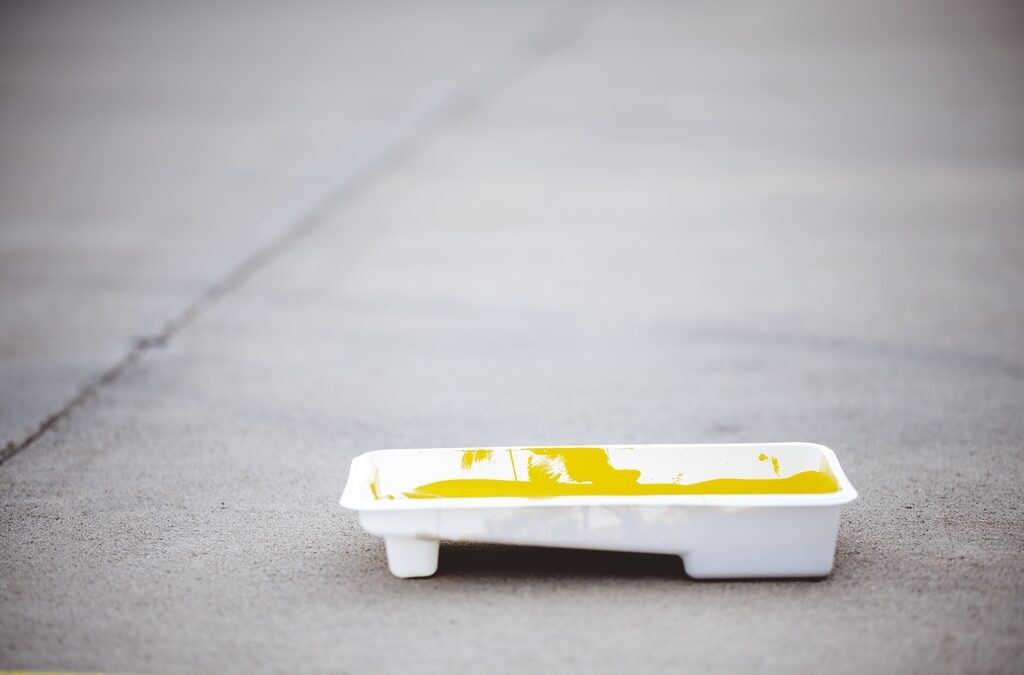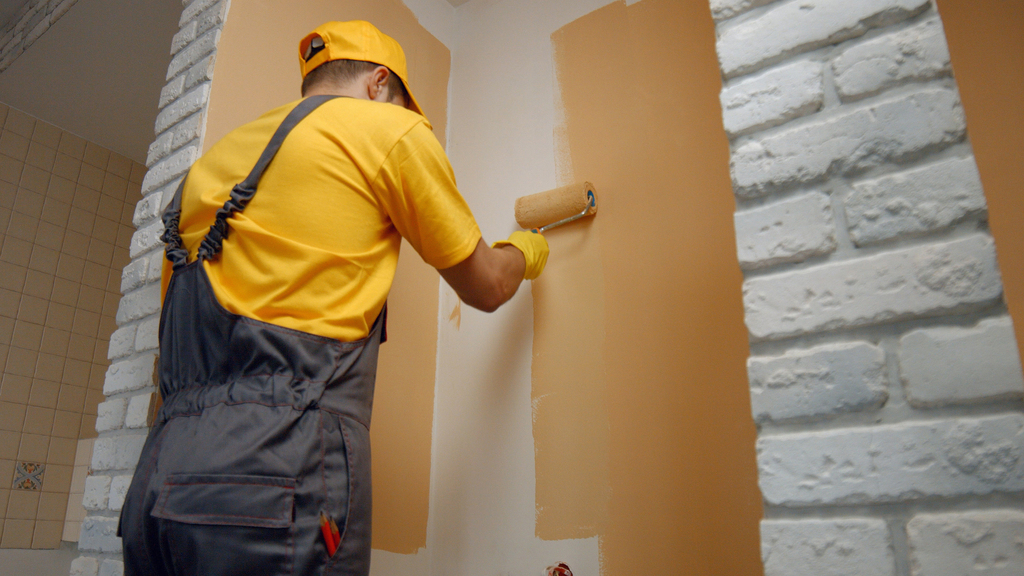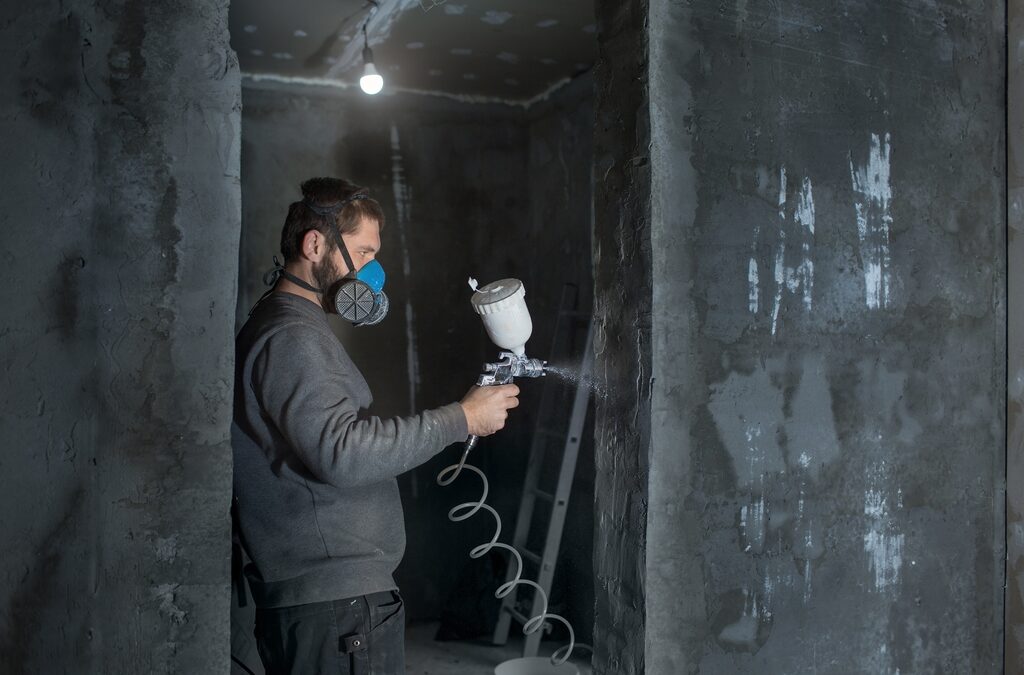Introduction to Floor Coating Paints
Floor coating paints are more than just a final touch—they provide durability, style, and protection to a variety of floor surfaces. Whether it’s a garage, basement, commercial space, or an industrial setting, the right floor coating can extend the lifespan of your floor and improve its appearance. This guide explores the main types of floor coating paints and offers insights into selecting the best option for different settings.
Key Types of Floor Coating Paints
Selecting the right floor coating paint depends on the type of environment and the performance needs. Here’s a look at some popular choices:
Epoxy Floor Coating
Epoxy is one of the most durable options, known for its high resistance to wear, chemicals, and moisture. It’s widely used in garages, basements, and industrial settings due to its strength and longevity. Epoxy coatings also come in various colors and finishes, making them a versatile choice for both residential and commercial applications.
Polyurethane Floor Coating
Polyurethane coatings are valued for their flexibility and impact resistance. Unlike epoxy, they are slightly softer, making them less prone to cracking under heavy impacts. Polyurethane is ideal for areas that experience frequent temperature fluctuations and physical impacts, such as parking garages and industrial floors.
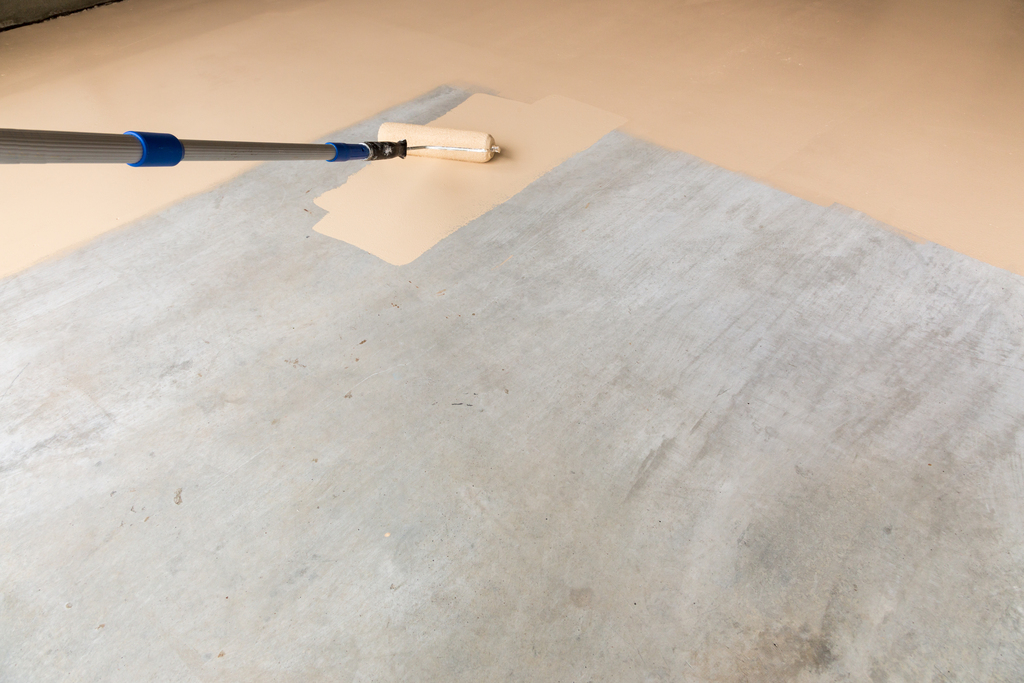
Acrylic Floor Coating
Acrylic coatings are often chosen for their affordability and quick-drying properties. While they aren’t as durable as epoxy or polyurethane, acrylic coatings are ideal for light-duty areas and offer a variety of color options. These coatings work well for spaces where aesthetics are important but heavy traffic is limited, like home patios and walkways.
Polyaspartic Floor Coating
Polyaspartic coatings are a newer type of floor coating that offers a high level of durability and fast curing times. Suitable for commercial applications, polyaspartic coatings can be applied at almost any temperature, making them a convenient option for busy spaces that cannot be closed off for long.
Concrete Floor Stain and Sealers
Concrete stains and sealers provide a more natural look, enhancing the appearance of the concrete rather than covering it. They are popular in residential and retail spaces where a polished, decorative look is desired. Sealers also add a layer of protection to prevent staining and moisture infiltration.
Choosing the Right Floor Coating Paint for Different Settings
When selecting a floor coating paint, consider the specific requirements of each setting. Here’s how different types of spaces benefit from various coatings:
Residential Spaces
For residential settings like garages, basements, and patios, epoxy and polyurethane are popular choices. Epoxy works well in garages and basements, where durability and resistance to spills are essential. Polyurethane is ideal for outdoor patios that need a bit of flexibility for temperature changes. For living areas, concrete stains and sealers offer a natural, stylish look that enhances the space without sacrificing protection.
Commercial Spaces
In commercial spaces such as retail stores and offices, aesthetics and durability both play a role. Polyurethane coatings provide excellent wear resistance and are visually appealing, making them a suitable choice for high-traffic areas. Epoxy is another strong option for retail environments, especially in areas with heavy foot traffic. For decorative appeal, concrete stains can add a polished, sophisticated look.
Industrial Settings
Industrial environments require coatings that withstand heavy machinery, spills, and continuous use. Epoxy is frequently chosen for its extreme durability and chemical resistance, ideal for warehouses and factories. Polyaspartic coatings are also great for industrial floors, providing quick application and drying times, which reduces downtime in busy settings.

Outdoor Spaces
Outdoor areas such as patios, driveways, and walkways require coatings that withstand weather changes and UV exposure. Polyurethane and polyaspartic coatings are excellent choices for outdoor applications due to their flexibility and UV resistance, which helps prevent yellowing and fading over time.
Factors to Consider When Choosing Floor Coating Paint
When choosing a floor coating paint, consider the following factors to ensure you’re making the right selection:
- Durability: Industrial and commercial spaces often require high-durability coatings like epoxy and polyaspartic.
- Aesthetics: For decorative appeal, consider acrylics or concrete stains, especially in residential or commercial spaces.
- Cost: Budget considerations are essential. Acrylic is a more affordable option, while epoxy and polyaspartic may require a higher initial investment but provide longer-lasting results.
- Application Process and Drying Time: If time is a constraint, consider fast-curing options like polyaspartic.
- Maintenance: For ease of maintenance, epoxy and polyurethane offer excellent resistance to spills and chemicals.
Conclusion
Choosing the right floor coating paint is crucial for achieving the desired balance between durability, style, and functionality. With options like epoxy, polyurethane, acrylic, polyaspartic, and concrete stains, there’s a solution for every environment, whether residential, commercial, or industrial.
For those unsure about which coating is best, it’s often helpful to consult a professional. Companies like Lifetime Painters offer expert advice and professional application, ensuring a high-quality finish that meets your needs. By choosing the right floor coating and applying it correctly, you’ll enjoy a surface that not only looks great but also withstands daily wear for years to come.

